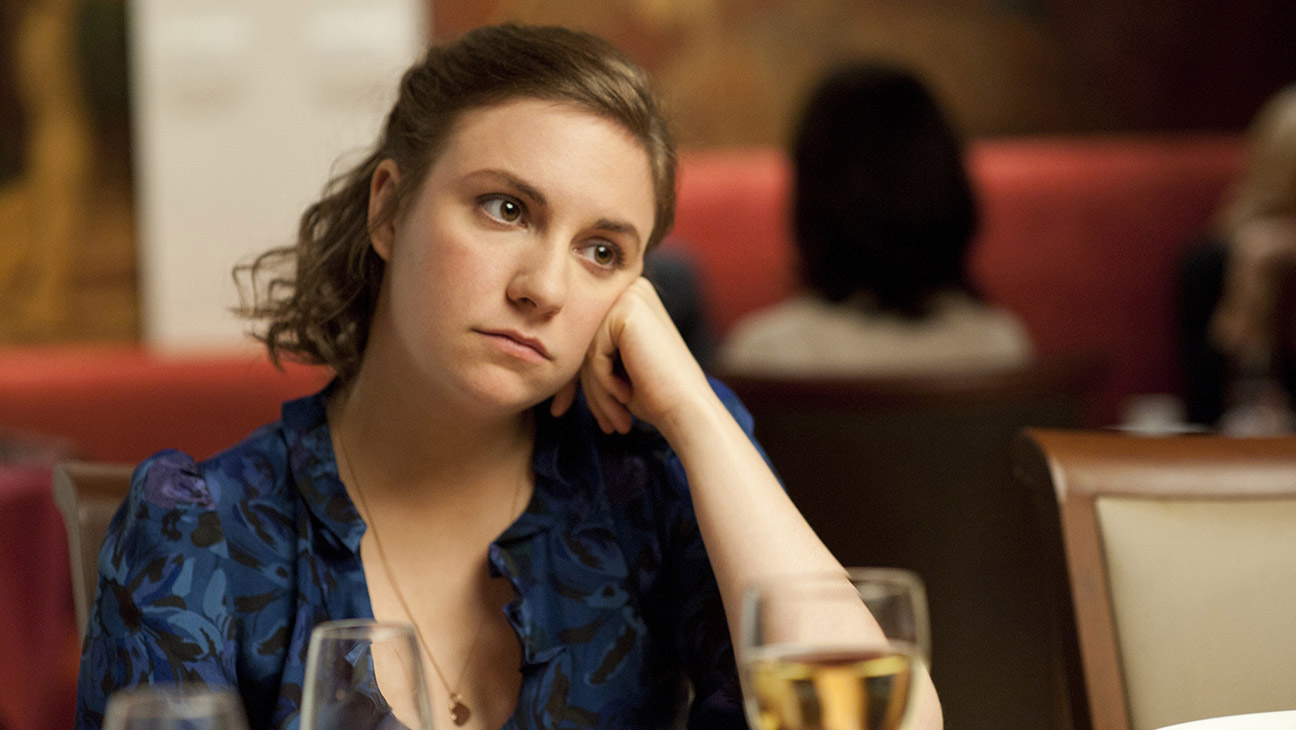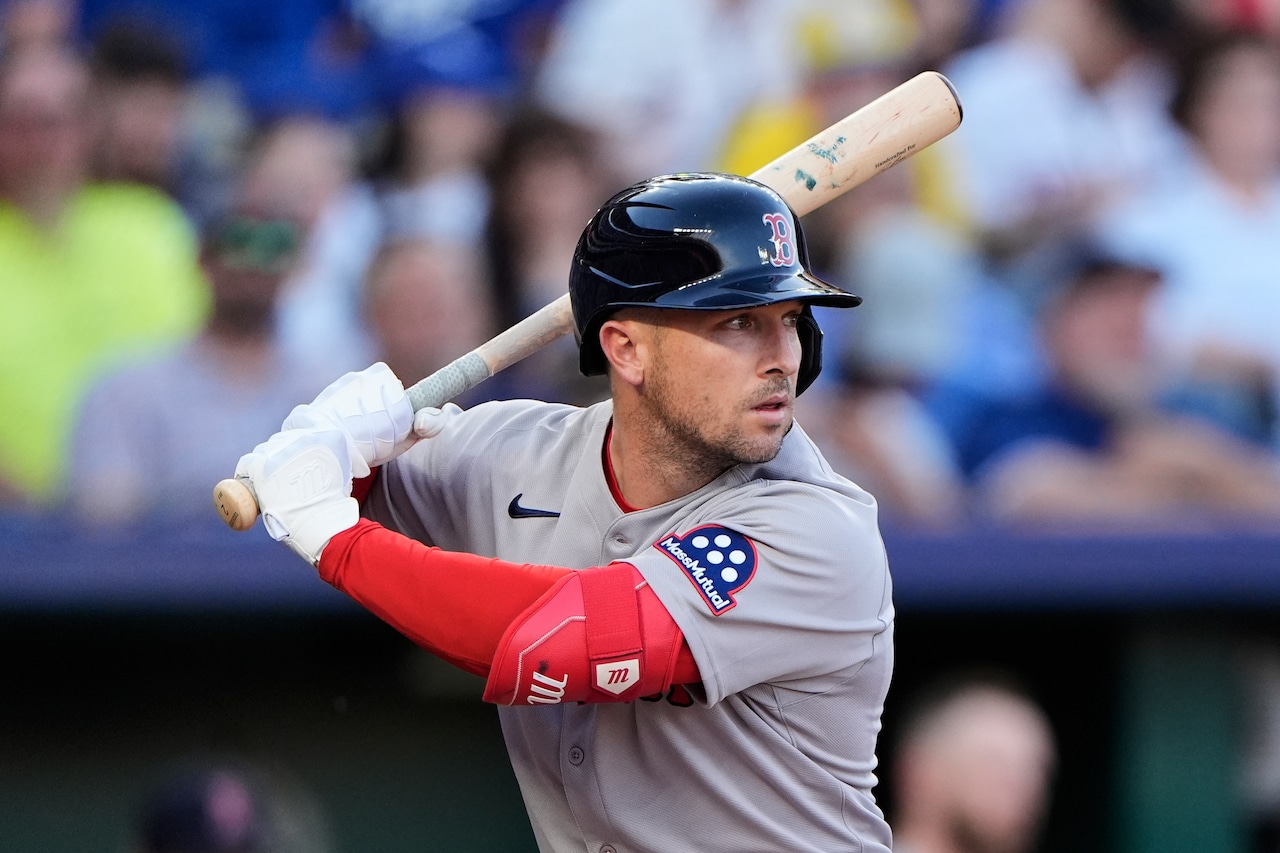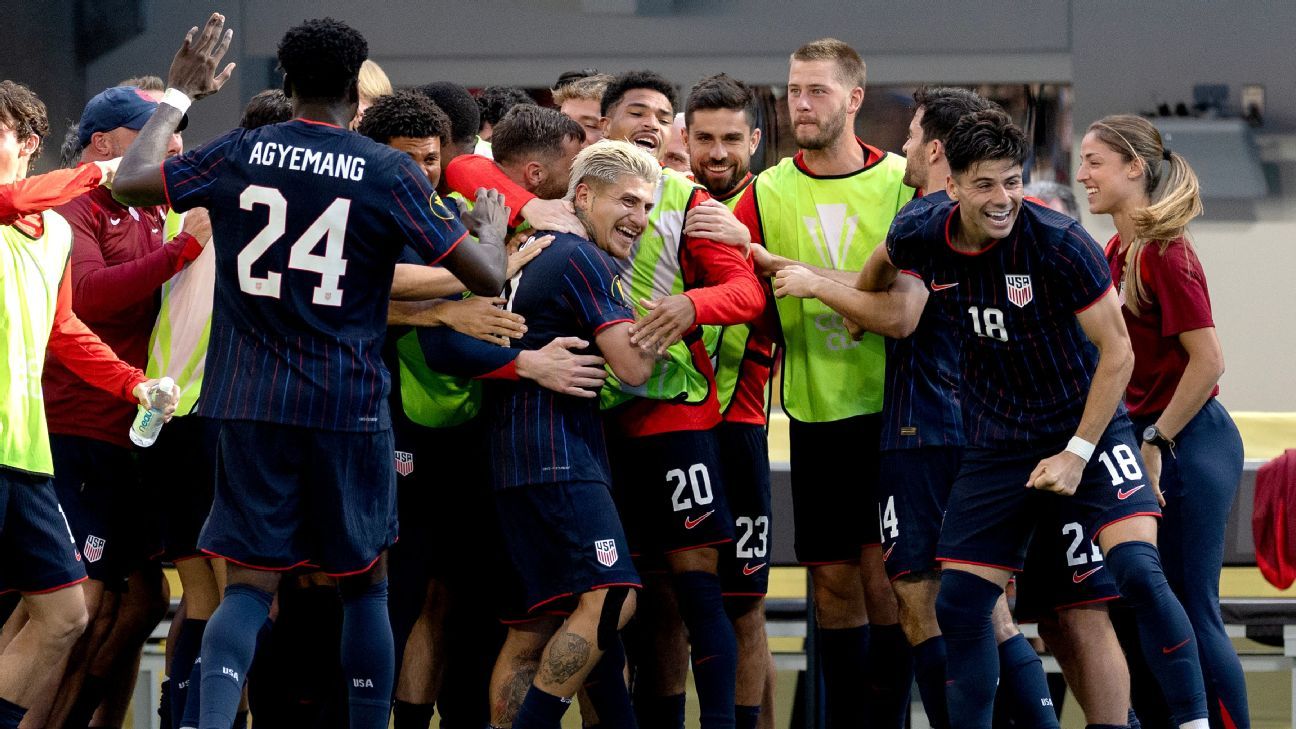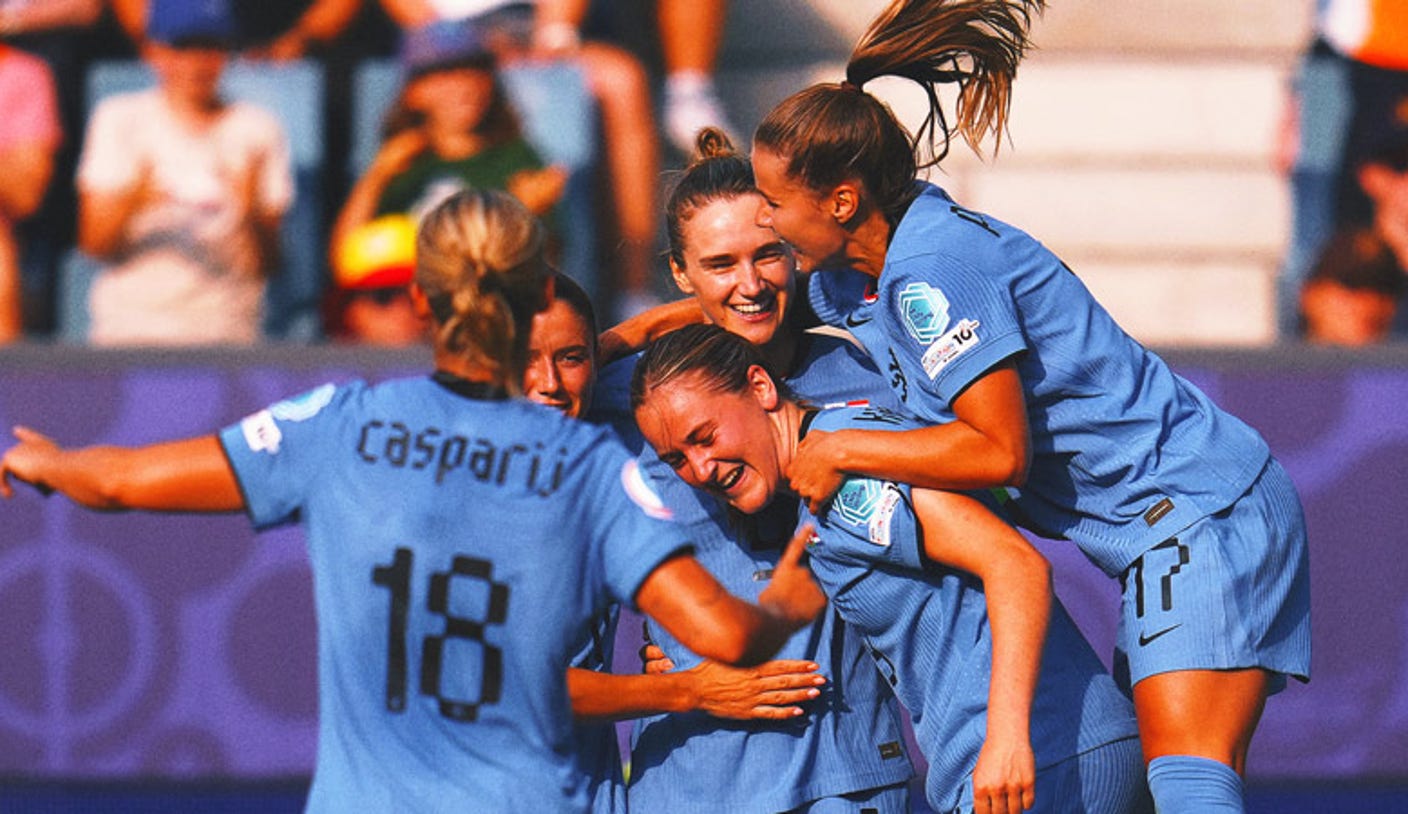The Diversity Debate: Lena Dunham And The Legacy Of 'Girls'

Welcome to your ultimate source for breaking news, trending updates, and in-depth stories from around the world. Whether it's politics, technology, entertainment, sports, or lifestyle, we bring you real-time updates that keep you informed and ahead of the curve.
Our team works tirelessly to ensure you never miss a moment. From the latest developments in global events to the most talked-about topics on social media, our news platform is designed to deliver accurate and timely information, all in one place.
Stay in the know and join thousands of readers who trust us for reliable, up-to-date content. Explore our expertly curated articles and dive deeper into the stories that matter to you. Visit Best Website now and be part of the conversation. Don't miss out on the headlines that shape our world!
Table of Contents
The Diversity Debate: Lena Dunham and the Legacy of 'Girls'
Lena Dunham's Girls, a groundbreaking HBO series that ran from 2012 to 2017, remains a subject of intense debate years after its finale. While lauded for its raw portrayal of millennial female friendships and anxieties, the show also sparked significant controversy surrounding its lack of racial diversity. This article delves into the complexities of this discussion, examining the show's impact and its lasting legacy in the context of evolving conversations around representation in television.
A Revolution in Millennial Storytelling?
Girls undeniably revolutionized television’s depiction of young women. The show’s unflinching exploration of sex, relationships, and the struggles of navigating adulthood resonated with a generation grappling with similar challenges. Dunham, as creator and star, presented a nuanced and often uncomfortable portrayal of her characters, challenging traditional narratives of female empowerment. The show’s success catapulted Dunham to fame, making her a prominent voice in contemporary feminist discourse.
However, this success was not without its critics. The almost exclusively white cast, particularly in its early seasons, became a major point of contention. This lack of diversity, critics argued, undermined the show’s claim to represent the experiences of all millennial women, perpetuating a narrow and privileged perspective.
The Backlash and the Ongoing Conversation
The criticism surrounding Girls' lack of racial diversity wasn't simply about the absence of Black, Asian, or Latinx characters; it was about the perpetuation of a dominant narrative that often ignored or marginalized the experiences of women of color. Many felt that the show's focus on the privileged lives of four white women in New York City was tone-deaf to the realities faced by women from marginalized communities. This led to accusations of white feminism and a failure to acknowledge intersectionality.
This criticism sparked a significant conversation about representation in media. The debate highlighted the importance of considering not only the presence of diverse characters but also the complexity and depth of their portrayals. Simply adding characters of color without meaningfully integrating their experiences into the narrative is insufficient.
The Legacy of Girls: Lessons Learned?
While Girls faced significant backlash, its impact on television remains undeniable. The show paved the way for more intimate and realistic depictions of female experiences, even if those depictions were initially limited in scope. The controversy, however, serves as a powerful reminder of the ongoing need for greater diversity and inclusivity in storytelling. Subsequent shows have attempted to address these criticisms, showcasing a broader range of perspectives and experiences. This evolution reflects a growing awareness of the importance of representation not just for the sake of representation, but for the creation of a more accurate and empathetic portrayal of the world.
Moving Forward: The Importance of Inclusive Storytelling
The Girls debate underscores the necessity of critical self-reflection within the entertainment industry. Creators must strive for authentic and nuanced portrayals of diverse communities, moving beyond tokenism and towards genuine inclusivity. This requires not only diverse casting but also diverse writing rooms and creative teams. The conversation surrounding Girls should serve as a blueprint for future productions, pushing for a more equitable and representative landscape in television and beyond.
What are your thoughts on the legacy of Girls? Share your opinions in the comments below.

Thank you for visiting our website, your trusted source for the latest updates and in-depth coverage on The Diversity Debate: Lena Dunham And The Legacy Of 'Girls'. We're committed to keeping you informed with timely and accurate information to meet your curiosity and needs.
If you have any questions, suggestions, or feedback, we'd love to hear from you. Your insights are valuable to us and help us improve to serve you better. Feel free to reach out through our contact page.
Don't forget to bookmark our website and check back regularly for the latest headlines and trending topics. See you next time, and thank you for being part of our growing community!
Featured Posts
-
 Matthew Boyds Inspiring Comeback A Testament To Resilience In Mlb
Jul 07, 2025
Matthew Boyds Inspiring Comeback A Testament To Resilience In Mlb
Jul 07, 2025 -
 Mason Thompsons Return Nationals Reinstate Pitcher From 60 Day Il
Jul 07, 2025
Mason Thompsons Return Nationals Reinstate Pitcher From 60 Day Il
Jul 07, 2025 -
 Alex Bregman Injury Update Return Date Speculation For Red Sox
Jul 07, 2025
Alex Bregman Injury Update Return Date Speculation For Red Sox
Jul 07, 2025 -
 Concacaf Gold Cup Final Usa Vs Mexico Key Players Predictions And More
Jul 07, 2025
Concacaf Gold Cup Final Usa Vs Mexico Key Players Predictions And More
Jul 07, 2025 -
 Winning Plays Today Cardinals Cubs Matchup Wnba And More Game Analysis
Jul 07, 2025
Winning Plays Today Cardinals Cubs Matchup Wnba And More Game Analysis
Jul 07, 2025
Latest Posts
-
 Ohtanis Next Chapter How Blue Jays Giants Cubs And Angels Will Respond
Jul 07, 2025
Ohtanis Next Chapter How Blue Jays Giants Cubs And Angels Will Respond
Jul 07, 2025 -
 Bryan Woos All Star Bid Mariners Rookie Makes His Case
Jul 07, 2025
Bryan Woos All Star Bid Mariners Rookie Makes His Case
Jul 07, 2025 -
 Euro 2025 Netherlands Cruise Past Wales With Miedemas 100th International Goal
Jul 07, 2025
Euro 2025 Netherlands Cruise Past Wales With Miedemas 100th International Goal
Jul 07, 2025 -
 Nascar Chicago 2025 Expected Street Reopening Dates And Impact
Jul 07, 2025
Nascar Chicago 2025 Expected Street Reopening Dates And Impact
Jul 07, 2025 -
 Mlb Offseason Analyzing The Post Ohtani Strategies Of Top Contenders
Jul 07, 2025
Mlb Offseason Analyzing The Post Ohtani Strategies Of Top Contenders
Jul 07, 2025
